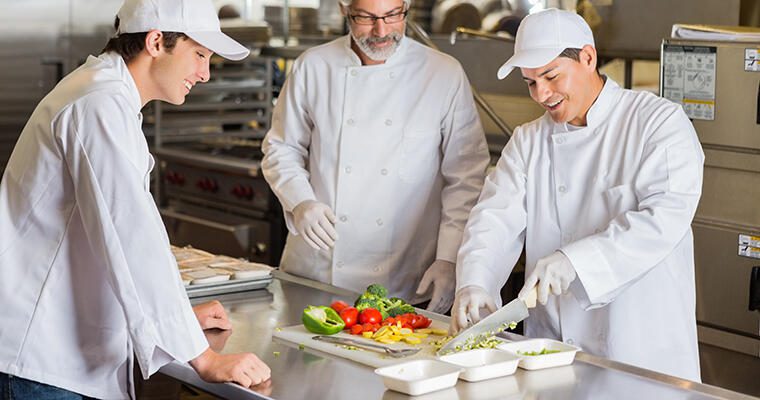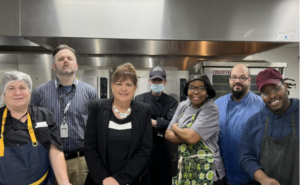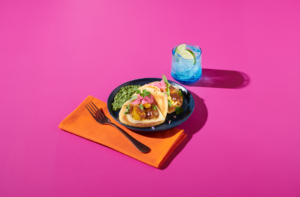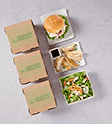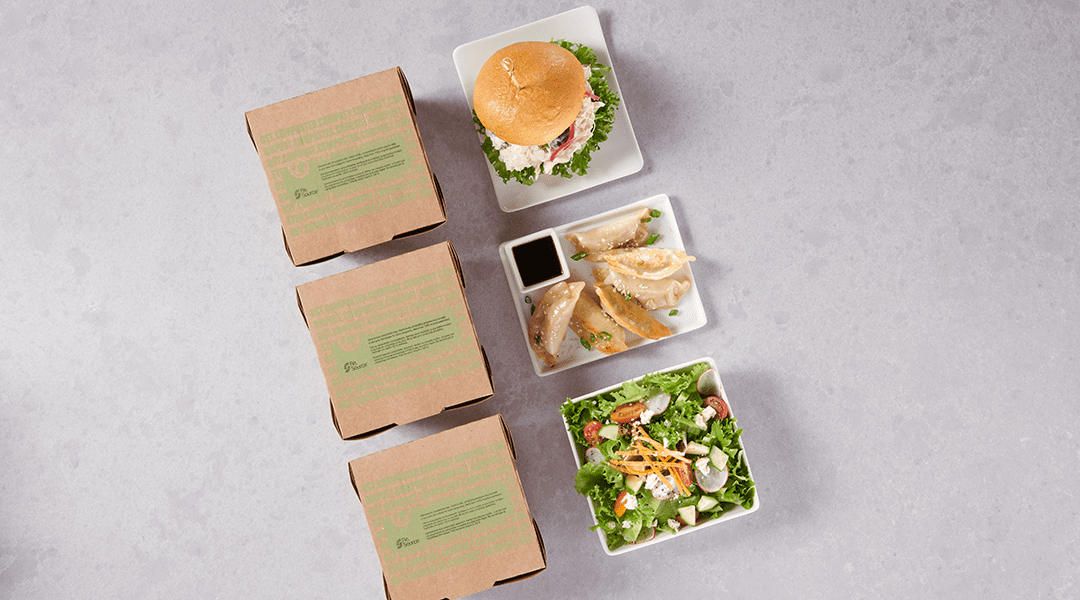Healthcare foodservice training is a challenge. Finding a way to commit to hours of education or scheduling people to cover shifts for those in class is disruptive. Plus, in-person trainers are expensive.
Pineapple Academy, now available through Gordon Food Service, provides training solutions for senior living foodservice operators with an approach that is geared toward today’s culture of online learning.
Using brief videos, Pineapple Academy’s program combines hospitality and education to teach regulations, safety, culinary skills and more. The result is better employee engagement that leads to improved performance, morale and guest satisfaction. Pineapple Academy co-founder Greg Gorgone explains:
What are the advantages of your training model?
I spent years traveling the country doing in-person training, and I discovered the problems in healthcare foodservice to be similar across all my clients. Then came the realization that there are not enough instructors available to provide the training necessary for this industry. In-person training is costly and there’s a lack of standardization. Having an online academy that can train a whole team in a consistent, efficient manner was the answer.
Why choose online video training?
We chose the route of online video training because there are not enough in-person trainers available. We decided to create a simple and scalable solution so we could share best practices from some of the best operators and instructors in the industry.
What do you get when you sign up?
We have a variety of subscription plans to meet everyone’s budget. With each plan you get full access to our training, resource library, and student progress reports. We even have plans that offer the ability to do competency checks so that students can become Pineapple Academy certified. Our curriculum covers all the training needs of healthcare foodservice, including CMS (Centers for Medicaid and Medicare) rules and regulations, Customer Service, Basic and Advanced Culinary and much more. As we add courses, your training opportunities continue to grow.
What’s in it for the students?
We want to build people’s careers in this business. I started as a pot washer over 35 years ago. Because someone took the time to train and mentor me and got me interested in developing myself, I decided to go to culinary school, and my career took off from there. We have developed a similar approach to helping our students on their career path, possibly even toward becoming a chef or certified dietary manager.
How does the business benefit?
When you’re feeding people who are vulnerable, meals must be perfect, from sanitation to nutrition. Training provides assurances and consistency. It also builds a culinary culture. When people are engaged, you have more job satisfaction, better hospitality and less turnover. The financial impact in the turnover of just one hourly worker can cost operators between $5,000 to $10,000, so the return on investment in quality training is tremendous.
